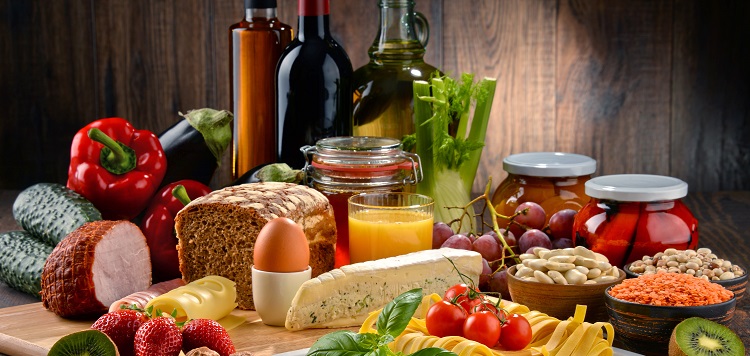In today’s digital age, email marketing has become an essential tool for businesses of all sizes. For food and beverage brands, it offers an effective way to grow revenue and build meaningful relationships with customers. In this article, we will explore the benefits of email marketing for food and beverage brands, and how to create effective email campaigns that promote your brand and increase sales.
Using Email Marketing to Grow Revenue for Your Food and Beverage Brand
Email marketing allows you to promote relevant offers and sales to potential and existing customers. By building and segmenting your email list, you can send personalized messages to specific groups of customers, ensuring that your message is relevant to their needs and interests. This can help you grow revenue for your food and beverage brand.
Types of Emails to Send
There are various types of emails that you can send to promote your brand and increase sales. These include:
- Introducing Products: Use emails to introduce new products and highlight their benefits to your customers.
- Publicizing Special Offers: Use emails to promote special offers and deals to your email list, which will encourage them to make purchases.
- Send a reminder email to customers who added items to their carts, but didn’t complete the purchase. This can help recover lost sales and encourage customers to follow through with their purchase.
- Surveying Customers: Send a survey to customers to gain valuable feedback on their shopping experience with you. This can help you identify areas for improvement and enhance customer satisfaction.
- Re-engaging inactive contacts: Send an email to inactive subscribers and encourage them to re-engage with your brand by offering an exclusive discount or other incentives to make a purchase.
Benefits of Using an Email Marketing Strategy
There are numerous benefits to using an email marketing strategy for your food and beverage brand. These include:
- Raising brand awareness: Email marketing helps you reach a larger audience and build brand awareness by promoting your products to potential customers.
- By offering discounts and special offers, email marketing incentivizes customers to make more purchases, thereby increasing revenue.
- Rescuing Lost Sales: Abandoned cart and inactive subscriber emails can help you recover lost sales and re-engage with customers who may have lost interest in your brand.
- Keeping Customer Relationships Going: Sending regular emails to customers helps you stay top of mind and strengthens your relationship with them over time.
- Enhancing Customer Satisfaction: Customer survey emails allow you to gain valuable feedback and identify areas for improvement, thereby enhancing customers’ satisfaction.
Using Sendlane as a Sophisticated Email and SMS Marketing Platform to Automate Email Sending
Sendlane is a sophisticated email and SMS marketing platform that can help your food and beverage brand to set up and automate the sending of emails. This platform offers a range of features that can help you optimize your email campaigns, including list segmentation, email personalization, A/B testing, and more.
Email marketing is a powerful tool for food and beverage brands looking to boost revenue, build customer relationships, and increase brand awareness. By focusing on personalized and relevant messages, and utilizing the features of platforms like Sendlane, your brand can leverage the power of email marketing to create effective and engaging email campaigns that convert casual browsers into repeat customers.

